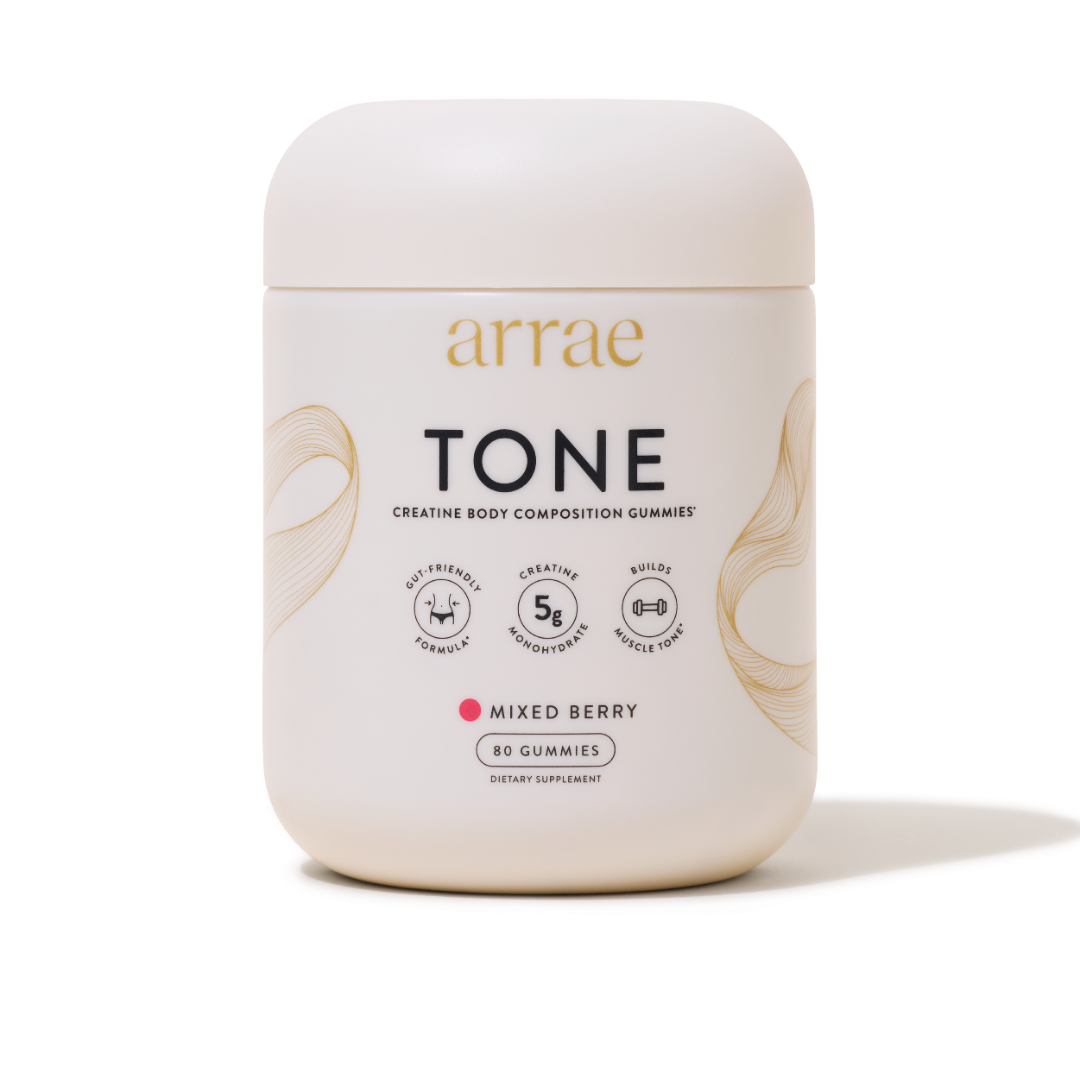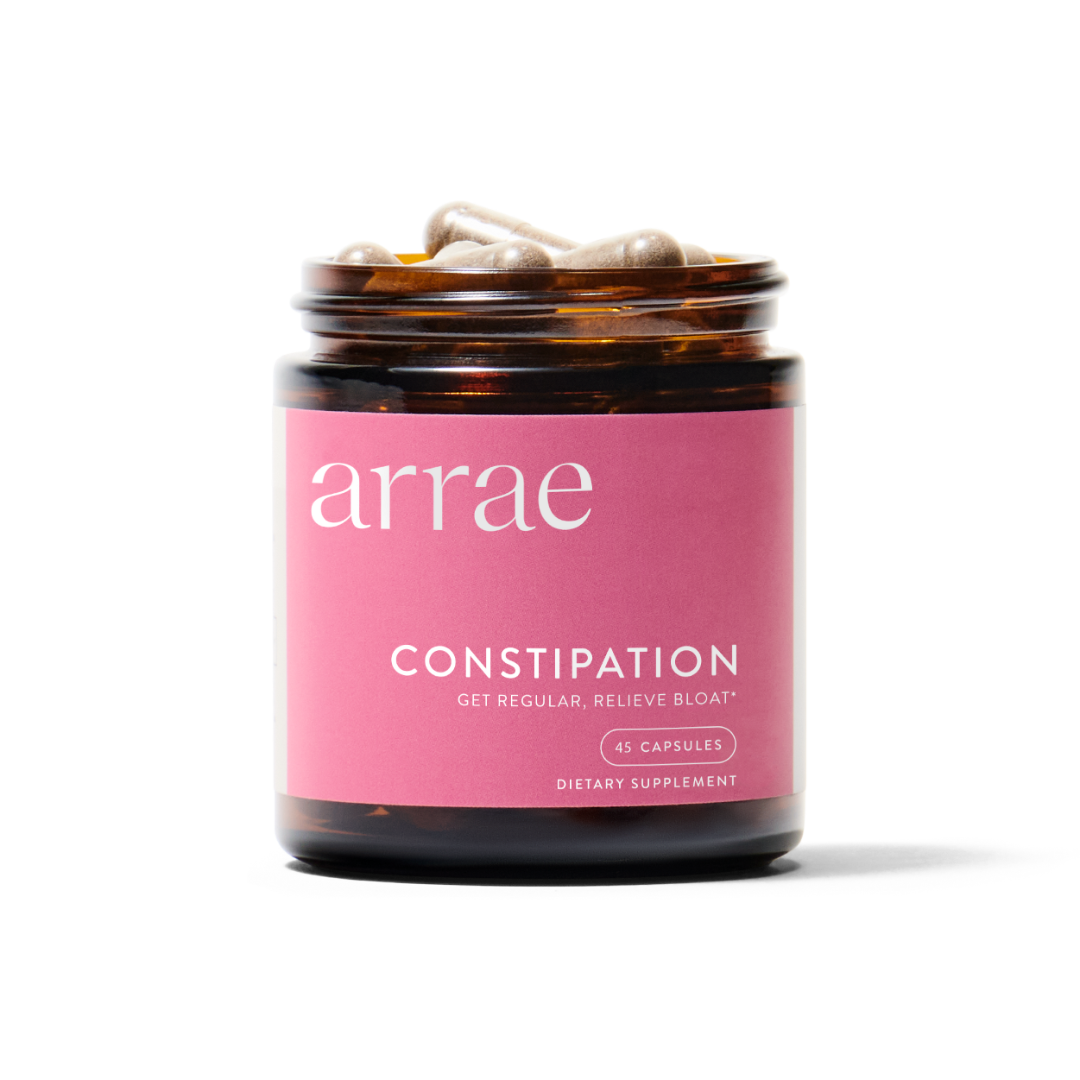Botanical Name: Mentha x piperita L.
Common Uses: Digestive Aid, Nausea, Bloating, Menstrual Cramping
Peppermint, a hybrid of water mint and spearmint, has evolved to possess a uniquely refreshing flavor and healthful profile, used in cosmetic, culinary, and therapeutic applications.
Traditional Use:
Dating back thousands of years, records from Ancient Greek, Roman, and Egyptian cultures mark the earliest findings of peppermint usage. The oil produced by the peppermint plant has been used traditionally, both externally and internally, for various medical conditions such as gastrointestinal discomfort, nerve pain, and respiratory symptoms. Though indigenous to the Middle East and Europe, this plant is now cultivated globally and is widely recognized for its antispasmodic, carminative, antimicrobial, and analgesic therapeutic properties.
Research Overview:
Research has shown that the abundance of health benefits associated with peppermint is a result of its high content of essential oils (0.5-4%). Though containing a range of compounds including menthone, methylacetate and menthofuran, the main active constituent in peppermint is l-menthol, a terpene with powerful effects on the human body.
L-menthol is known to provide smooth muscle calcium antagonism which gives rise to the antispasmodic, carminative, and anti-inflammatory properties of peppermint. Additionally, peppermint is beneficial for gastric emptying and to treat colic and GI cramping.
The benefits of the oils in peppermint have been reaped in many forms including teas, vaporized oils, or oil rubs. Modern research has shown, however, that for digestive health, peppermint is highly efficacious when ingested in pill form. This allows it to be directly targeted to the gastrointestinal tract, optimizing its benefits.
A randomized, double-blind, placebo controlled study from 2016 involving 72 patients has shown that peppermint provides significant relief to IBS symptoms including abdominal pain, bloating, and pain during bowel movements. The results of this study found that after four weeks, the study participants experienced a 40% decrease in these symptoms. An additional study conducted on 127 women, which evaluates the efficacy of peppermint in treating dysmenorrhea (menstrual cramps) in comparison with Mefenamic Acid and placebo, found that peppermint may significantly reduce pain and nausea associated with menstruation.
Interesting Fact: The world production of peppermint oil is around 8000 tons per year.
Sources:
“The Gastrointestinal and Biliary System .” Fundamentals of Pharmacognosy and Phytotherapy, by Michael Heinrich et al., Third ed., Elsevier, 2018, pp. 245–246.
Cash, Brooks D et al. “A Novel Delivery System of Peppermint Oil Is an Effective Therapy for Irritable Bowel Syndrome Symptoms.” Digestive diseases and sciences vol. 61,2 (2016): 560-71. doi:10.1007/s10620-015-3858-7
Masoumi, Seyedeh Zahra et al. “Evaluation of mint efficacy regarding dysmenorrhea in comparison with mefenamic acid: A double blinded randomized crossover study.” Iranian journal of nursing and midwifery research vol. 21,4 (2016): pp. 363-7. doi:10.4103/1735-9066.185574
Balakrishnan, Aishwarya. “Therapeutic Uses of Peppermint - A Review” Journal of Pharmaceutical Sciences and Research, Vol. 7(7), 2015, pp. 474
























 Instagram
Instagram TikTok
TikTok Youtube
Youtube Facebook
Facebook Email
Email